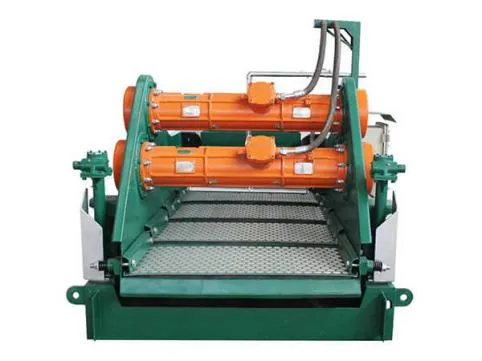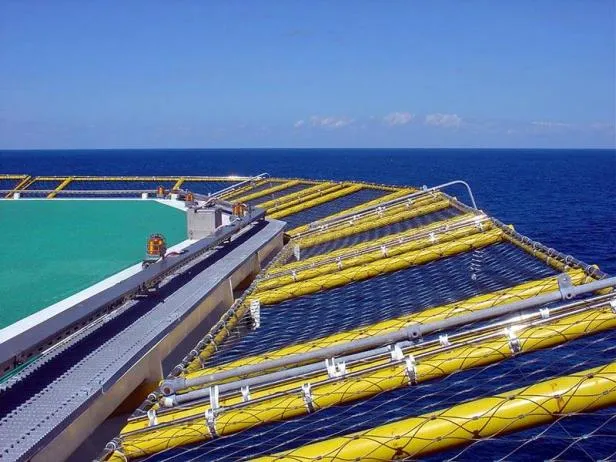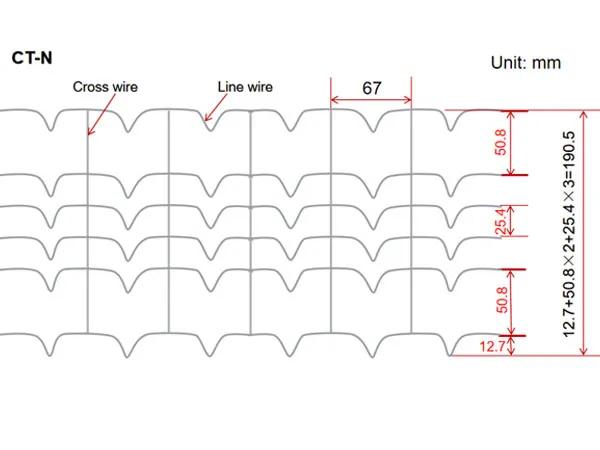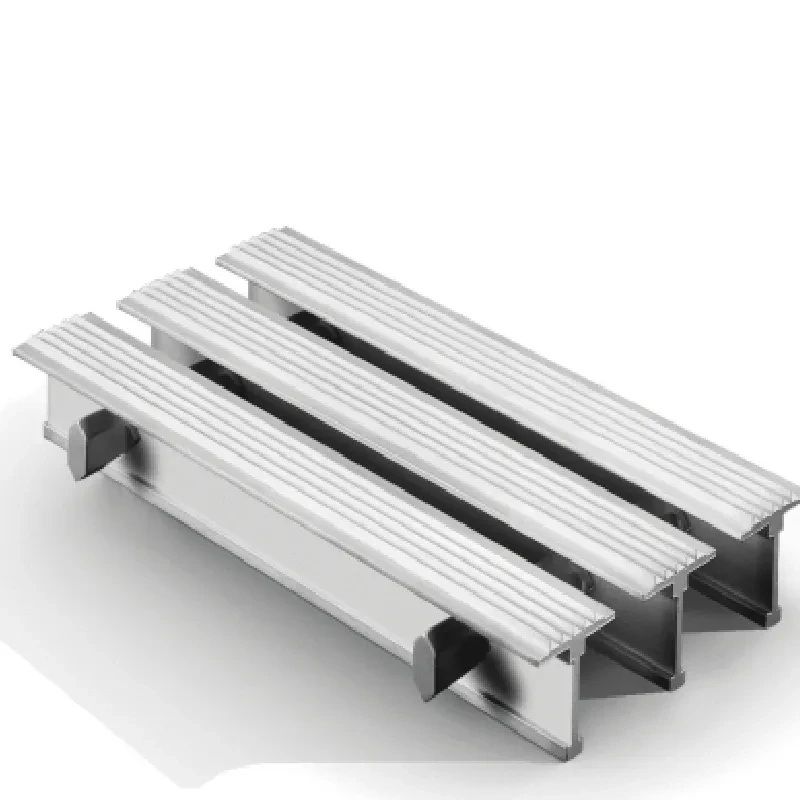A pressure reducing valve is a mechanical device designed to automatically reduce and regulate the pressure of gas through a system. It maintains a consistent outlet pressure despite fluctuations in the inlet pressure and varying gas flow rates. In the case of natural gas, these valves ensure that the gas is delivered to homes and businesses at a safe and usable pressure, preventing both overpressure situations—which can cause leaks or even explosions—and underpressure situations—that can impede gas supply.








